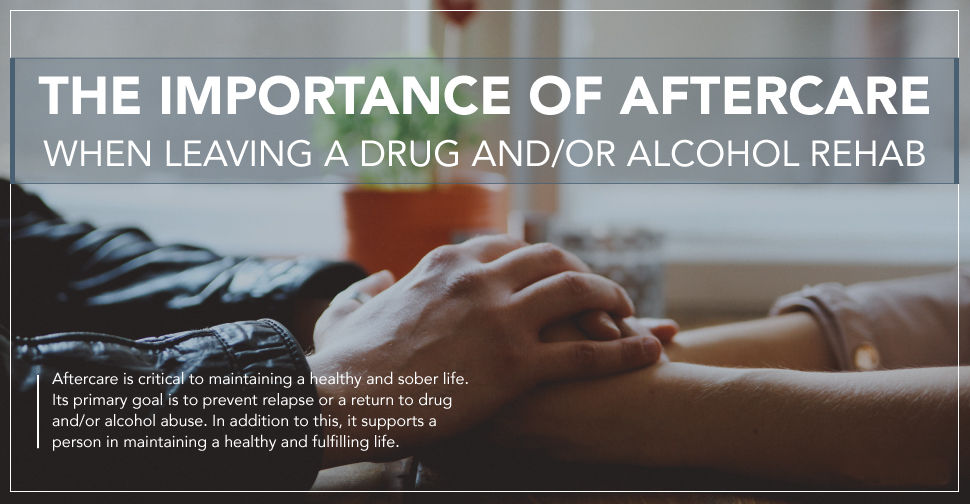When Dr. Deborah Mash met the grandfather of Ibogaine treatment, Howard Lotsof, and observed first-hand the effectiveness that Ibogaine had for addiction interruption, she knew she’d found something special. Within a relatively short period of time, she petitioned for and received FDA approval to begin studying Ibogaine within the US but soon ran into funding issues for the very costly research process.
Determined to gather scientific case studies even if it meant taking a new path, Dr. Mash found a way through a patient-funded treatment center called Healing Visions that operated on the West Indies island of St. Kitts. There she was able to treat over 300 people from 1996-2003 in a holistic setting and collect and publish data about Ibogaine addiction treatment. In the second part of our interview with Dr. Mash, she spoke to us about insights she gained about addiction and recovery from her time doing Ibogaine research on St. Kitts. (Read the first part of the interview where we talk about how Ibogaine works to treat addiction and the legal future of Ibogaine.)
The Roots of Addiction
Before we can fully understand the best practices surrounding any kind of addiction treatment, we need to understand the roots of addiction itself. Just as Bruce Alexander first discovered in 1981 with his Rat Park Experiment, and as Dr. Gabor Mate has advocated. Dr. Mash believes that the true roots of addiction stem from people trying to fulfill a lack or treat a trauma in their life:
“People don’t get addicted to drugs and alcohol unless there is something else going on. They are self-medicating anxiety, depression, bipolar disorder, borderline personality disorder, OCD. Around 50% of our opium patients were clinically depressed. Many of the cocaine addicts were bipolar. Depression and generalized anxiety were the norm for alcoholics. When you take away the drugs and the alcohol, you finally have to deal with those underlying issues. Addiction sits on top of that.”
Aside from latent mental disorders, many addicts also had traumatic experiences that led to their self-medication as a way to drown out their pain.
“Many of the people had suffered traumas, PTSD, childhood abuse, sexual abuse, childhood neglect. When people are clamping down on their central nervous system with hard drugs, they don’t have to deal with that emotional pain. You strip the drugs away and then all the pain comes up, so you’ve got to be ready to deal with that.”
This raises a very important point about Ibogaine treatment and the importance of post-treatment aftercare — even though it helps immensely to subdue cravings, breaking substance use patterns, and giving a renewed sense of purpose in life, all of that could be for naught if people do not have adequate support afterwards to fully integrate their new path. Ibogaine can act as a magic bullet for many addicts, but only if its course is guided after the blast.
Aftercare and the Role of Noribogaine
One of the benefits of starting a full treatment center in St. Kitts was that it allowed Dr. Mash to do more than just administer Ibogaine in a medical environment. She spoke of the importance of having a diverse team that can offer a comprehensive addiction treatment beyond just Ibogaine:
“We paired our patients with psychiatrists, addiction counselors, sober coaches, Native American healers, massage therapists, and acupuncturists. We had all the tools in the toolbox so that people could come in and forge a treatment plan suited to them.“
There are physiological elements to aftercare as well, namely in the production of noribogaine in patients up to two months after Ibogaine treatment. Noribogaine is a metabolite of Ibogaine, meaning that Ibogaine turns into noribogaine in the liver in the metabolic process — Dr. Mash and others believe that it could play an important role in helping stave off drug cravings after Ibogaine treatment. “People tell us that after they take Ibogaine, they can feel the metabolite washing out. So by a month to 60 days, they are flying without a safety net. Noribogaine could be the safety net. If we can extend noribogaine in the blood by having a pharmaceutical version, I think we would see even better success, because it helps with the anxiety, depression, anger, and cravings creeping back.”
